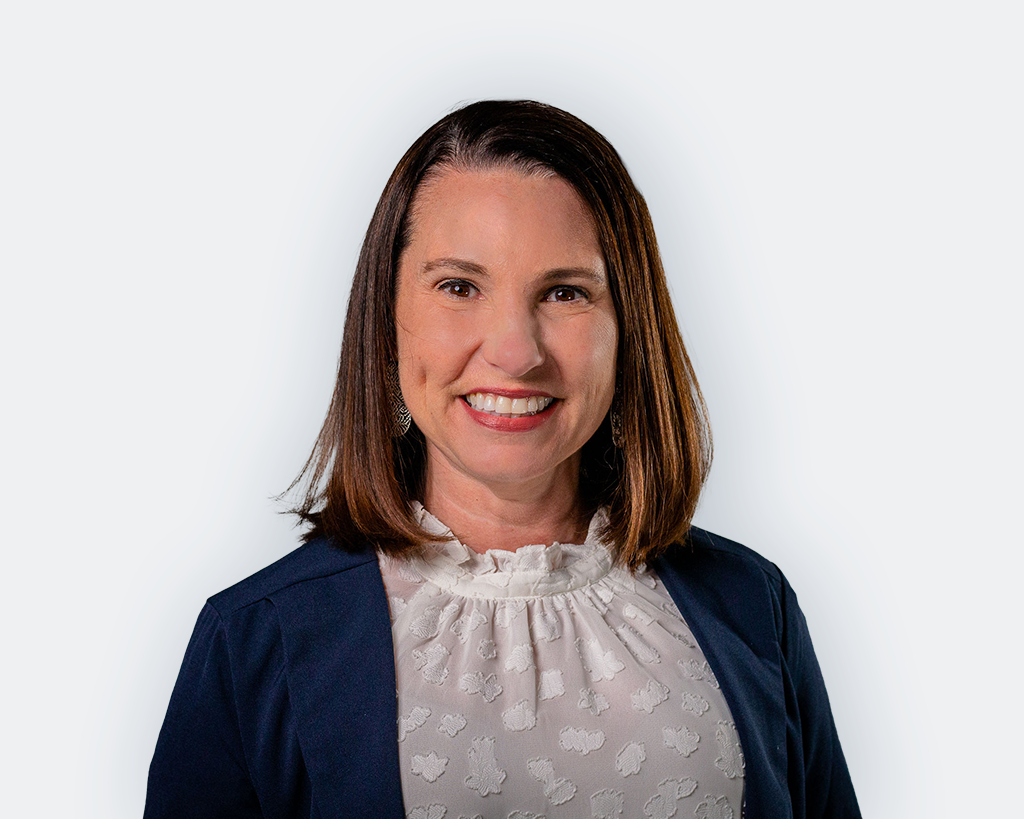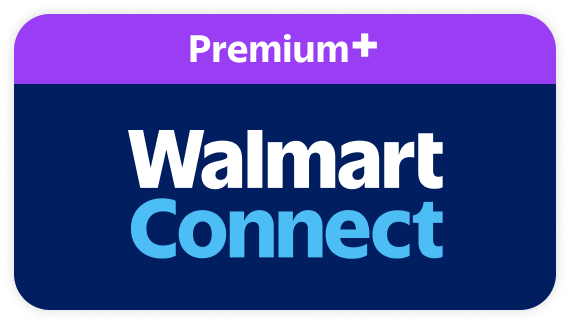Kiri Masters: The Evolution of an Entrepreneur & The Power of Thought Leadership
For the latest episode of The Exit, I got the chance to talk to Kiri Masters, the founder of Bobsled Marketing (acquired by Acadia in 2022). She’s built an agency that was acquired, launched a podcast, and wrote a book – and has now started the Retail Media Breakfast Club to share the biggest trends in the retail media space. I was so honored to get the chance to learn about her journey as an entrepreneur and what she’s seen in the retail media space. In our conversation, we covered the power of content marketing, thought leadership, and the process of getting acquired. Read the summary below and watch the full interview of The Exit here.
- What made you originally start Bobsled?
I started Bobsled back in 2015. It was originally an Amazon-focused marketing agency. I had no right to do it – I had never worked at ecommerce at a brand or worked a day at an agency. I was a complete outsider. But I had been running a small ecommerce brand as a creative outlet back when I was doing banking. Amazon was becoming a bigger part of my brand and I noticed I knew more than some of my clients at the bank.
I was looking to move out of banking, so I started out as a consultant. That’s how I ended up starting up Bobsled and getting into the space full-time.
- What was the hardest thing about starting up your agency business?
A lot of people come into the space from Amazon or with a number of contacts already. As an outsider, it was all about client acquisition for me. I had to prove that people needed to take a chance on Bobsled. So I leaned into educational content. I sat down and blogged and created videos and educational courses.
I wanted to prove that I knew what I was talking about and that paid off over time.
- Today, there’s something like 3,000 Amazon agencies. Would the same formula still work today?
I don’t know. I had an experience that made sense at the time around 2015. I’m not sure I could achieve today what I did back then as a complete outsider. I’m still a huge fan of building a personal brand and a content brand, though.
Thought leadership creates a lot of good will toward your solution. The clients who came to me through content already trusted us. We didn’t need to convince them as they started speaking with us. They already felt like they knew us. A comment that I heard a lot was that people had been reading my newsletter for two years and they finally were making a decision about an agency. They chose Bobsled, because of the content.
Content marketing still works, but it’s a completely different landscape today. Back in 2016, I heard from a holding company agency that they would have nothing to do with Amazon. That was happening back then. Things were so nascent. Amazon wasn’t a priority for the big agencies, but I was very confident that brands of all sizes had to take ownership of their presence on Amazon.
My format of content might not work today for the retail media space as it matures. But I would encourage people to think about an unpopular viewpoint – something you really believe in – and you can develop that point of view to go after the next big thing.
- When did you decide to start scaling with Pacvue?
As the space became more attractive, there were better and better options to offer clients that went past traditional Amazon capabilities. When we onboarded with Pacvue in 2020, we needed something more sophisticated to match what our clients were looking for – especially when it comes to multichannel measurement and solutions that could go beyond just Amazon Ads. We had started to do a lot more with Walmart and Instacart as well, so Pacvue was key to scaling those efforts.
- You started Bobseld in 2015. You were acquired in 2022 by Acadia. What was that process like?
It was a personal decision to end up selling. I knew that to keep growing the company and get to the next level as a leader in the space, I would need to be a different leader. I would need to grow up in a way. You know, you go through this evolution as an entrepreneur. When you start out, you’re doing every single job: you’re the butcher, the baker, the candlestick maker.
When I started Bobsled, I was living in New York and I didn’t leave my apartment for three days. Looking back, you can romanticize that journey. It’s a really exciting time. And that thrill, the need to solve problems that are new, it starts to go away as the business grows and starts to prioritize more predictable things. So I knew at a personal level I was going to struggle to get to that level. I knew the business would be stronger under a new leader and I was ready to pass the baton on.
- What team helped you make that deal?
I hired an M&A adviser. It was one of the best decisions I ever made. They were really instrumental in the whole process. They’ve been doing deals their whole career. They do this multiple times a year for decades. This was the first and maybe the only time I ever sold a company. I listened to all the podcasts and read all the books, but it’s a much different process when you’re going through it. You need someone you trust at a personal level when things get tough. They can take you through the logistics and options with their perspective.
Your business is your baby. You’re going to have some emotional attachment to your business and it’s difficult to detach during the process. People might call your baby ugly or ask questions that seem a little too personal or offensive. Your M&A adviser will help you get through those kinds of situations. It’s worth whatever you end up paying them.
- Were there any surprises or learnings during the process?
I wouldn’t do it any differently today, but Bobsled was really tied to my personal brand. Like I said, I went on this big content offensive to get the business started. That really helped the company grow. But when you get to a point where you’re discussing an acquisition, the acquirer has to look at you as a big part of the business – like, if you get hit by a bus, what happens to all these leads?
What I had been conscious of was bringing as many team members into that process as possible, so I could collaborate with team members on content. One of the books I published, Instacart for CMOs, was co-written with Bobsled’s head of advertising. That’s so I’m not the only thought leader on the subject. So I can share that experience and the halo effect with other people in the business.
There’s always going to be a drawback with any form of marketing: if you’re reliant on paid ads or SEO, there’s always some failure point in the approach. With thought leadership, it’s the fact that you have to rely on the thought leader. People don’t trust companies the same way that they trust people. Ultimately, I had to demonstrate during the acquisition process that the business was about more than just my brand, because I had brought other people along on the journey. Bobsled’s DNA was about thought leadership that went beyond me.
- What’s next for you?
When I left Acadia, I was keen to take some time off. I wasn’t sure if I wanted to stay in the industry. I’ve been doing this for nine years and I was a little sick of talking about Prime Day… I needed some time away to figure out what I wanted to do next.
I realized after a few months of traveling and spending time with my family that I do really love the space and what I love about the space is the people. The people in ecommerce and retail media are problem-solvers. I find it such a dynamic space and I don’t think you can find that in every industry. So I’ll be coming back in 2025 with a new project in the retail media ecosystem.
–
I can’t wait to see what’s next for Kiri. You can find her on LinkedIn here.












